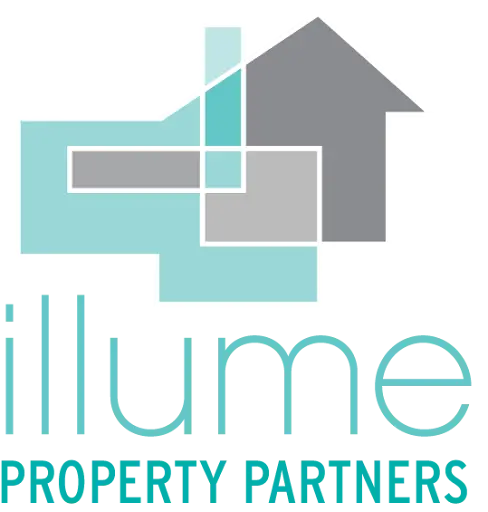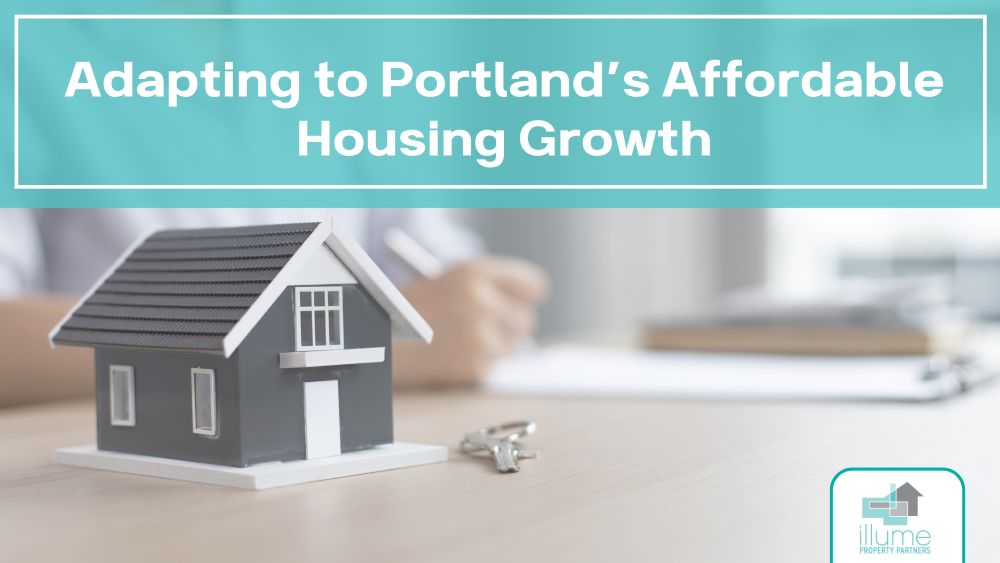Portland is making big moves to combat its housing crisis—and that means new opportunities and responsibilities for local property owners and property managers alike. The Portland Housing Bureau (PHB) has ramped up efforts to expand affordable housing, committing millions to projects across the city. Under its 2024–2025 plan, PHB is prioritizing deeply affordable units, especially in neighborhoods vulnerable to displacement, such as the Jade District, Cully, and East Portland.
In fact, the city recently announced over $80 million in new public-private housing investments, aiming to create or preserve more than 1,200 affordable units by 2026. For property owners and management teams, this growing inventory and policy shift may shape everything from rental pricing strategies to tenant screening standards.
What’s Driving the Push
The urgency stems from Portland’s worsening affordability gap. As of Q1 2025, the average rent for a one-bedroom apartment in Portland is nearly $1,700, while over 44% of renters are classified as cost-burdened, spending more than 30% of their income on housing. Local and federal funds are now being funneled into affordable housing initiatives with laser focus.
PHB’s current goals include:
- Increasing permanent supportive housing (PSH) for individuals experiencing chronic homelessness
- Preserving existing affordable stock, particularly buildings with expiring affordability covenants
- Prioritizing equity by funding culturally specific housing providers and community-led development
What This Means for Property Portfolios
The expanding affordable housing footprint affects privately owned and managed rentals in several ways:
- Market Segmentation Increases
- With more deeply affordable units entering the market, tenants at the lower income end may gravitate toward subsidized options. Property owners may need to reposition their properties to compete, either by targeting middle-income renters or improving amenities and service to justify pricing.
- Policy Pressure Is Mounting
- As PHB expands its commitments, expect more city-wide policies aimed at leveling the playing field, like inclusionary zoning updates, relocation assistance mandates, and rent stabilization efforts. Staying compliant while staying profitable is becoming more complex.
- New Opportunities in Incentives and Partnerships
- Portland’s MULTE Program (Multiple-Unit Limited Tax Exemption) and similar tools offer tax relief in exchange for maintaining affordable rents. Developers and owners who partner with the city could benefit from waived fees, funding support, and expedited permitting.
The Role of Property Managers in a Shifting Landscape
As the regulatory and economic environment evolves, property managers are playing an increasingly strategic role. They're responsible for staying current on new legislation, aligning operations with tenant protections, and helping owners assess whether participating in affordable housing programs makes financial sense.
From navigating changing tenant expectations to ensuring fair housing compliance, the property manager is a crucial partner in protecting the long-term value of any investment. For owners balancing profitability with Portland’s changing housing dynamics, smart management is no longer optional—it’s essential.
Positioning for the Future
Portland’s affordable housing expansion is reshaping the rental landscape. For property owners and managers alike, this is a moment to reassess goals, consider new incentives, and prepare for long-term sustainability. Whether you're planning capital improvements, adjusting pricing strategy, or rethinking lease terms, understanding the city’s direction is the first step toward staying competitive in a rapidly evolving market.
Find out more about rental news, managing rental properties, and find helpful advice on maintaining your rental investments with illume Property Partners.


